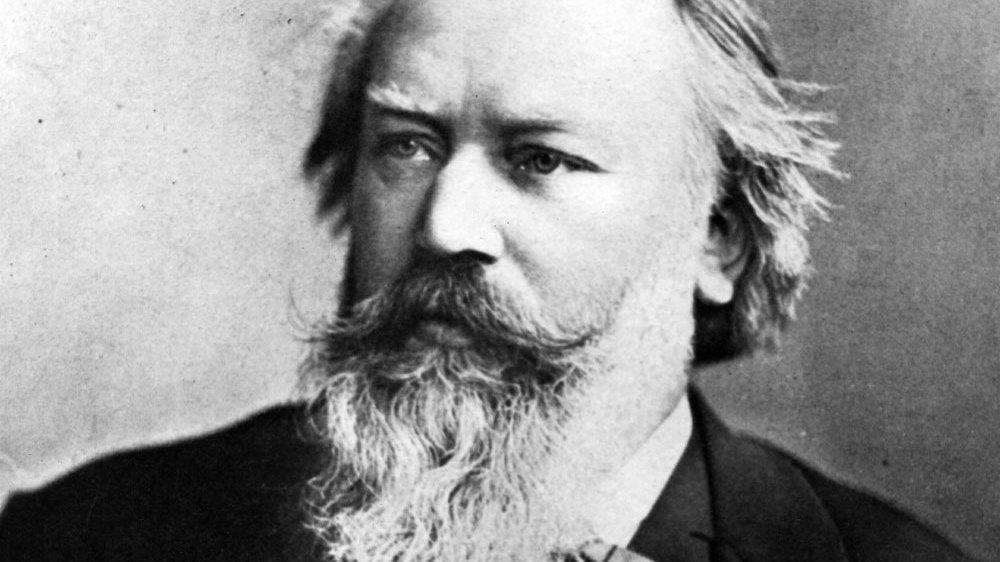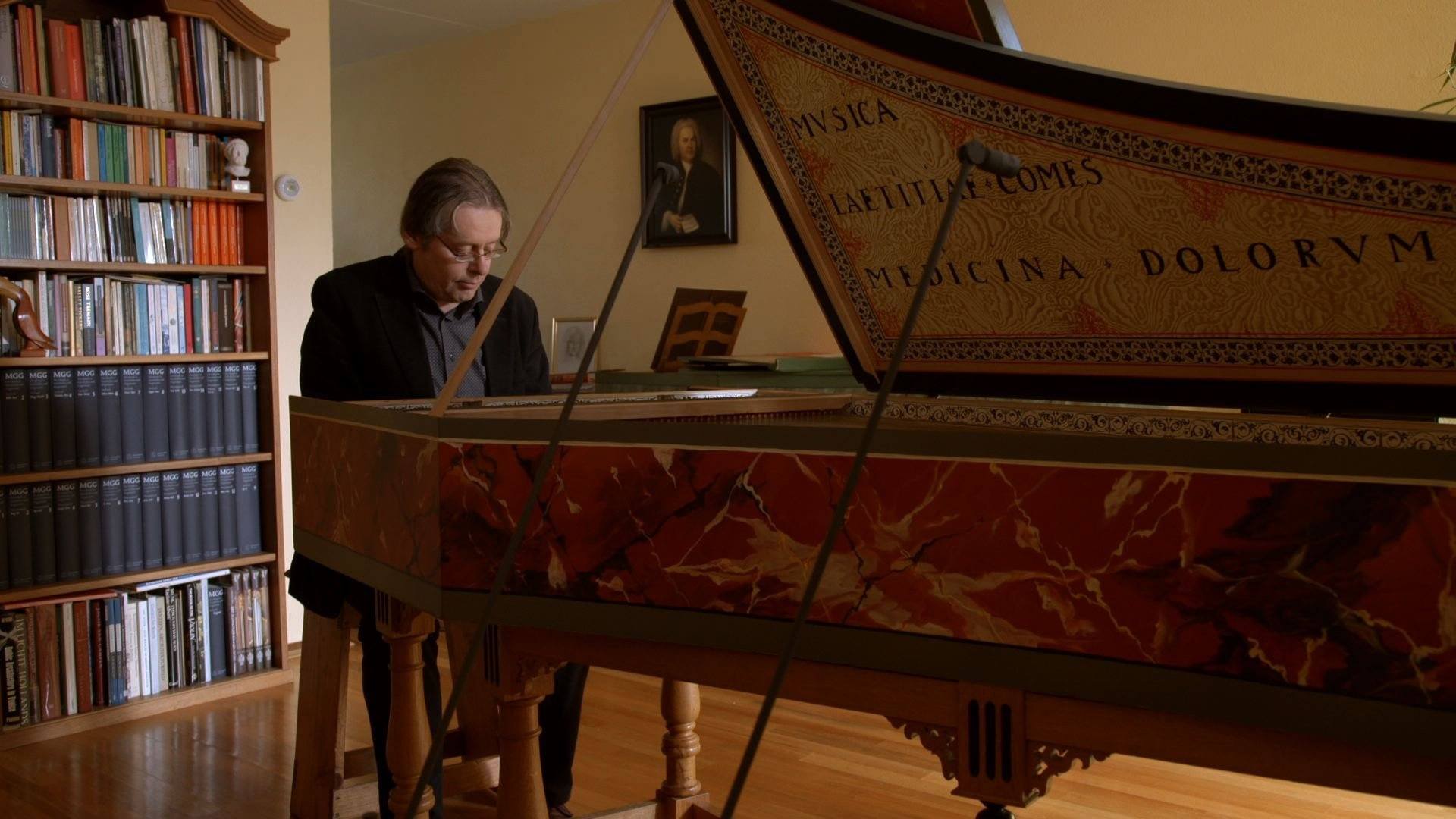“Lerchengesang”: Brahms’ Most Ethereal Song?
Lerchengesang (“The Lark’s Song”) from 4 Songs, Op. 70 must rate as one of Johannes Brahms’ most ethereal and atmospheric songs. The text, by Karl August Candidus, pulls us into a floating, twilight dreamscape of passing memories amid “ethereal distant voices” and the “heavenly greetings of the larks.” Unfolding in gently-lapping arpeggios, the piano line drifts into the delicate upper registers with a sense of eternal longing and lament. This recording, featuring Renée Fleming and pianist …







